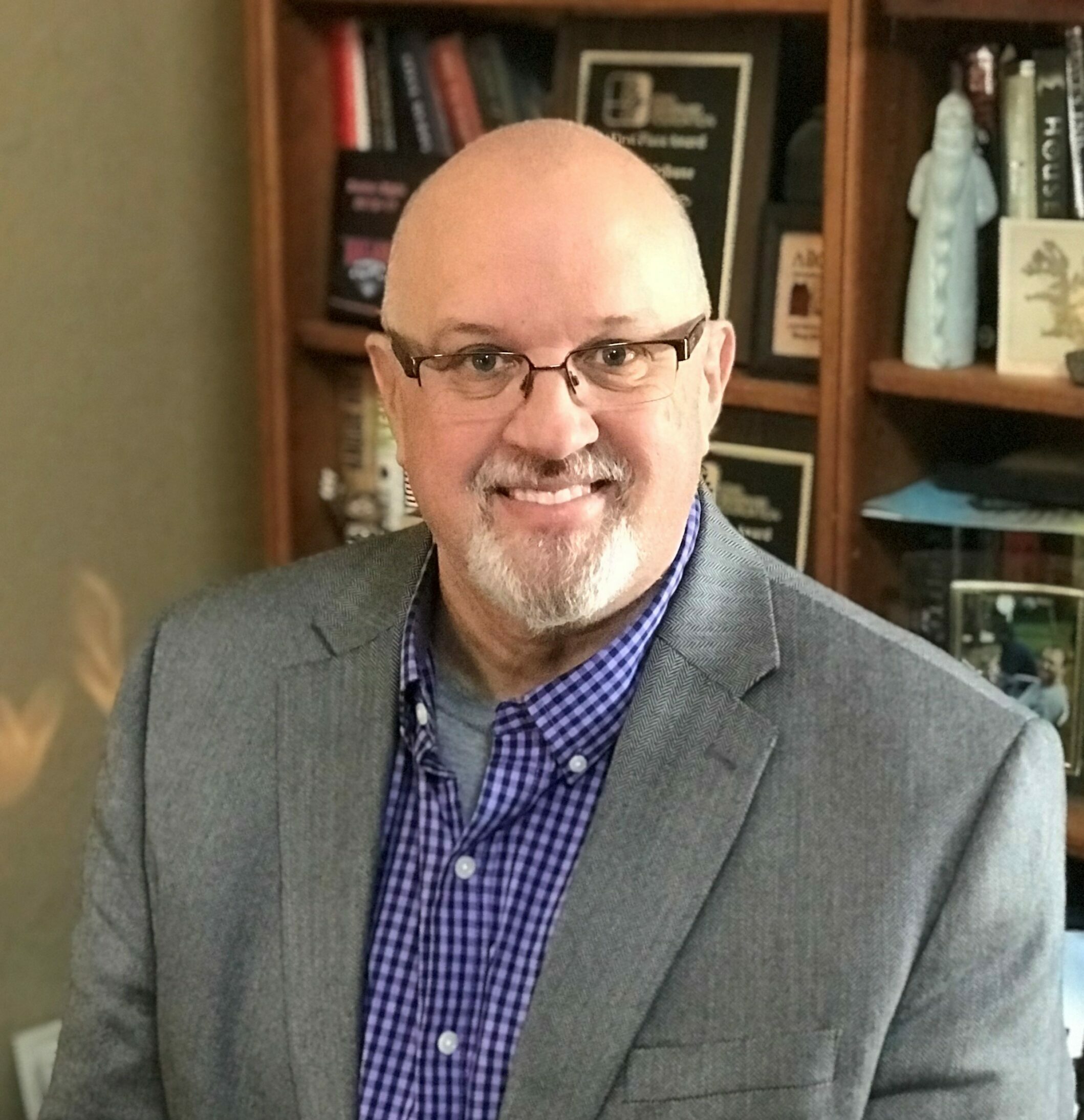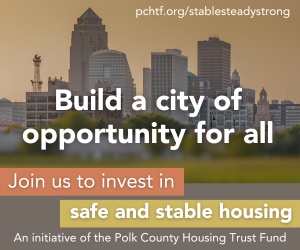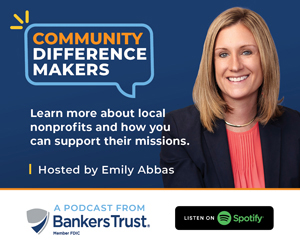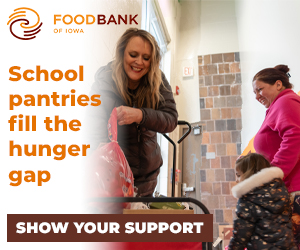Norway leader: More investment needed to help modernize ag systems, diversify crops in developing countries

Michael Crumb Oct 31, 2023 | 3:51 pm
6 min read time
1,323 wordsAg and Environment, All Latest News, Economic DevelopmentGovernment needs to do more to remove the risk from the private sector to invest in developing countries to reduce world hunger, Anne Beathe Tvinnereim, Norway’s minister of international development, said during this year’s Borlaug Dialogue in Des Moines.

Tvinnereim, who also serves as vice president of the Centre Party in the country’s coalition government, was among the world leaders who converged on Des Moines this year for the World Food Prize Foundation’s event to discuss the challenges and solutions to global food insecurity.
The Business Record sat down with Tvinnereim for a conversation about Norway’s efforts to combat food insecurity and its role in efforts to fight hunger worldwide.
According to the think tank Economic Impact, 2.5% of Norway’s 5.4 million population is considered food insecure, compared to about 13% in the U.S.
Data from Feeding America shows that there are about 44 million people in the U.S. who are food insecure. In Iowa, about 7% of the population [one in 13 people] — or about 238,000 people — face hunger. That includes nearly 69,000 children, or about one in 11 Iowa children.
Tvinnereim spoke about the need to invest in developing countries, helping private sector investment in technology and innovation, and her country’s ties to Norman Borlaug, who is of Norwegian heritage.
Borlaug founded the World Food Prize in 1986. He won the Nobel Peace Prize in 1970 for his work to improve the world’s food supply. A Cresco, Iowa, native, Borlaug was known as the father of the Green Revolution. He died in 2009.
Here is some of what Tvinnereim had to say. Her comments have been lightly edited for brevity and clarity.
What motivates you to be involved in the fight against food insecurity?
I truly believe in the ag sector as a motor for growth for countries in transition. 150 years ago, one-third of the Norwegian population immigrated to the United States, most of them to the Midwest, and the reason was food insecurity. Most African countries are still just beginning that transition of modernizing their ag sector. In my country, having value chains from the producer to the local and regional markets with all the job creations along the value chain, that happened 100 to 150 years ago in my country, and it’s still the system, the structure that gives basic resilience to my country in terms of food security. Africa doesn’t have that, and I believe that is one of the keys to sustainable development to many African countries. The African continent imports [about $75 billion in food] a year and these are countries with very little foreign aid, they’re poor countries. There are approximately 30 million small-scale farmers in Africa … producing for themselves and their family, if they’re lucky. They don’t sell to a local market or regional market, and all the people who move to the cities are importing food from far away. It’s a missed opportunity for development.
How does Norway address food insecurity among its residents?
We are a rich country, so we have the purchasing power to buy on the international market. As food prices have been soaring, certain social segments in Norway are struggling because prices are higher, but access to food is there. Some groups are struggling because they are low income, but my government has approached that situation with targeted social benefits to low-income groups and especially families. So that’s a remedy: targeted social benefits for those who are struggling. I think the U.S. and the Norwegian systems are quite different. I’m very pleased that Norway has a social benefit system that makes it easy to target vulnerable groups with the way we’ve structured it. What we also see is when low-income families struggle economically, that inequality affects not only food insecurity but it’s excluding children from the common arenas of taking part in society, so we’re also trying to invest in assistance so low-income families can have access to those activities and safeguard them as much as possible.
What are some lessons countries like Norway and the U.S. have learned when it comes to addressing food insecurity?
What you see in times of economic crisis is that it fuels inequality. Geographical inequality and social inequality and the long-term effects are quite devastating. We know if families can’t afford to buy nutritious food, they buy cheap, bad food and it has long-term health consequences. And children not being fed well will be left with the consequences their entire life. So it’s a long-term investment to make sure kids get the right food in their stomachs.
What have you learned about efforts to reduce food insecurity that you think people should know?
For me, this conference is inspirational, and special for me as well, as a Norwegian. We like to say we have a tiny bit of ownership to Norman Borlaug. He’s a superstar. No one has saved as many lives as him. Norman Borlaug saved maybe a billion lives thanks to technology and innovation in plants. Today the Green Revolution is a little bit controversial because it also started a period in our history with a lot of monoculture [planting a single crop in an area], which we see now has some environmental consequences that we have to solve. Climate change does not allow us to continue with monoculture, and we need a lot more diversification in our crops to be resilient for climate change and other plagues and stuff that we know will come with climate change. So just as Norman Borlaug revolutionized plant technology in his time, we now need a new revolution to diversify crops suited for each continent. There are big changes coming, and it’s urgent.
How difficult is it to get buy-in from the general public to support investment to fight food insecurity in other countries when there are so many at home who are at-risk?
There are so many crises in the world, and I sense a certain fatigue from countries because we feel like it’s never-ending and the crises and catastrophes are growing and growing. I think the solution to that is investing in resilience. We know that migration and the pressure from migration is just going to increase as we see increased climate change, more hunger, more poverty, so I believe it is in the self-interest of all western countries to invest in resilience because we cannot continue to just provide humanitarian assistance to people in need, saving lives. We need to attack the root of the problem, and food insecurity is the root of the problem. We have to invest in that. But this is also a business opportunity for the private sector because people will always need food. And we need to transform our food systems. Fertilizer companies, seed companies, technology companies in the ag sector, this is a business opportunity because we have to change. It’s a win-win situation because we need the private-sector technology, know-how, and innovation to solve these problems. I sense there is a lot of willingness and eagerness in the private sector to take part in that transformation. It’s a business opportunity but it’s also going to save the world.
What is your key takeaway from this year’s World Food Prize Borlaug Dialogue?
We have the solutions. These rooms are full of solutions. It’s just getting it out there on the ground, in the fields, to the farmer and we have to do that together. But the solutions are there, and the private sector has solutions ready to roll out. If we help each other, maybe as government we can take some of the risk off the private sector for them to invest in marginal markets and difficult markets. There are other mechanisms where I can use aid money to take off some of the extra risk for private capital so they take the chance to get their know-how out into the markets. We just have to do it.

Michael Crumb
Michael Crumb is a senior staff writer at Business Record. He covers real estate and development and transportation.










